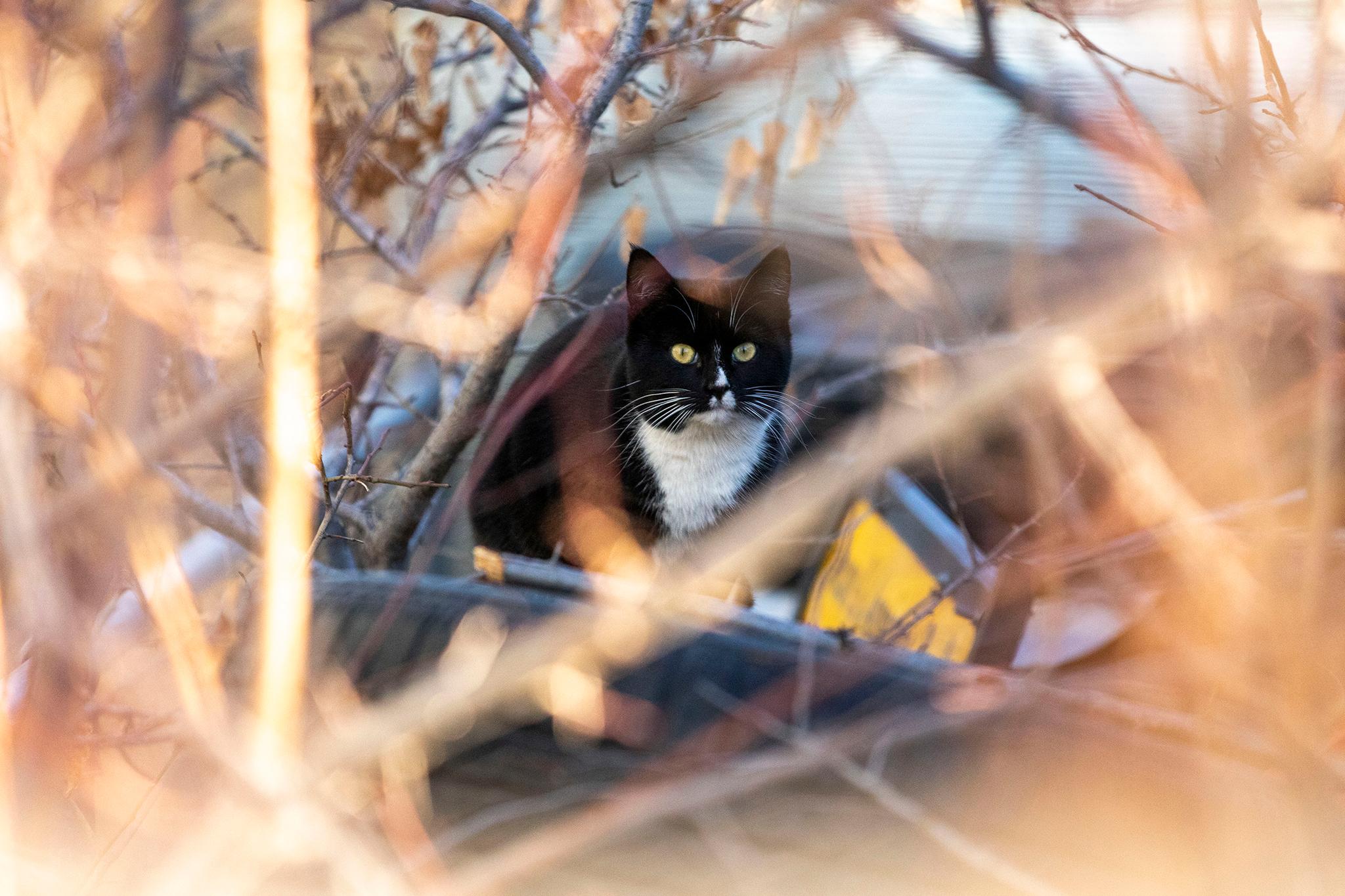It's a cold December afternoon at an undisclosed location in southeast Denver, and a group of cat catchers has gathered to check traps. No hits today, since winter weather has driven most of their targets into hiding. But this place is crawling with felines on warmer nights, Jenni Leigh says, as if the ground itself is alive. The "colony" here is probably decades old, she adds, and totals about 200 kitties.
The apartment complex where Leigh, Mary Johnston, Candice Narajka and Niki Bornes met is a perfect home for a feral cat colony. Its enclosed courtyards make for quiet purring grounds, and huge spaces beneath the buildings provide warm refuges in the winter. Leigh asked that we keep the exact location a secret, fearing people might harass the animals.
But the enclave isn't exactly ideal. Many of the four-legged residents have fleas and worms and ribs that show through skinny frames, proof that life in this ecosystem can be difficult. Also, years of inbreeding means a lot of these cats have extra toes extending from their paws.
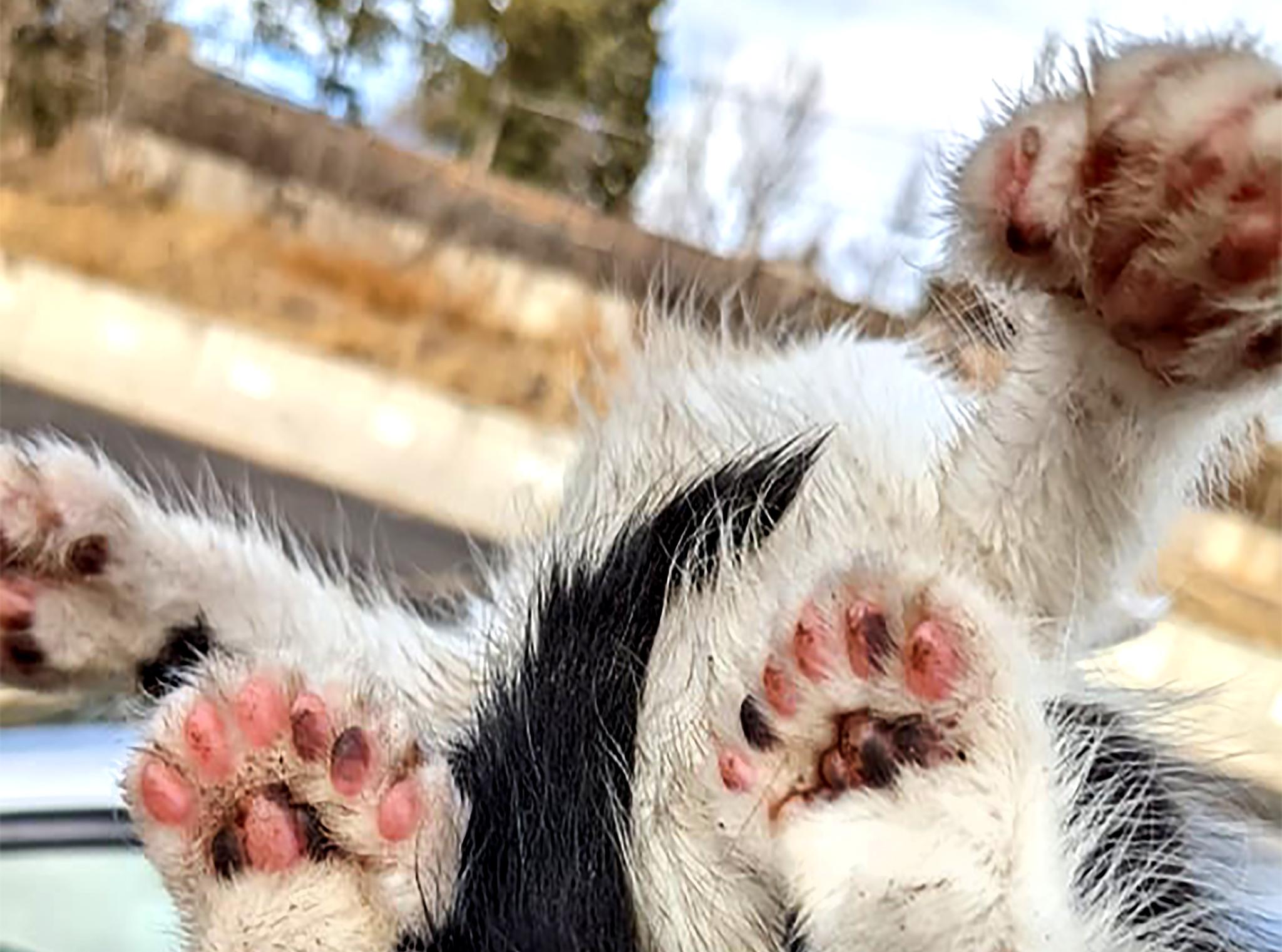
If Leigh and her crew weren't here to do something about the situation, she says, there'd probably be even more critters living and suffering in these bushes. Their goal: to slow exploding cat populations by trapping, neutering and returning to the wild as many as they can.
"For me personally, it's the suffering," Leigh said. "The cats here at this complex, they're really lucky. They've got people to feed them and give them clean water, and they've got nice warm places to go. But in other areas, nobody feeds them and people hate them and they feed them poison. Or the kittens don't have an immune system and they get sick and will literally suffer and die under somebody's porch. So I don't want to deal with that."
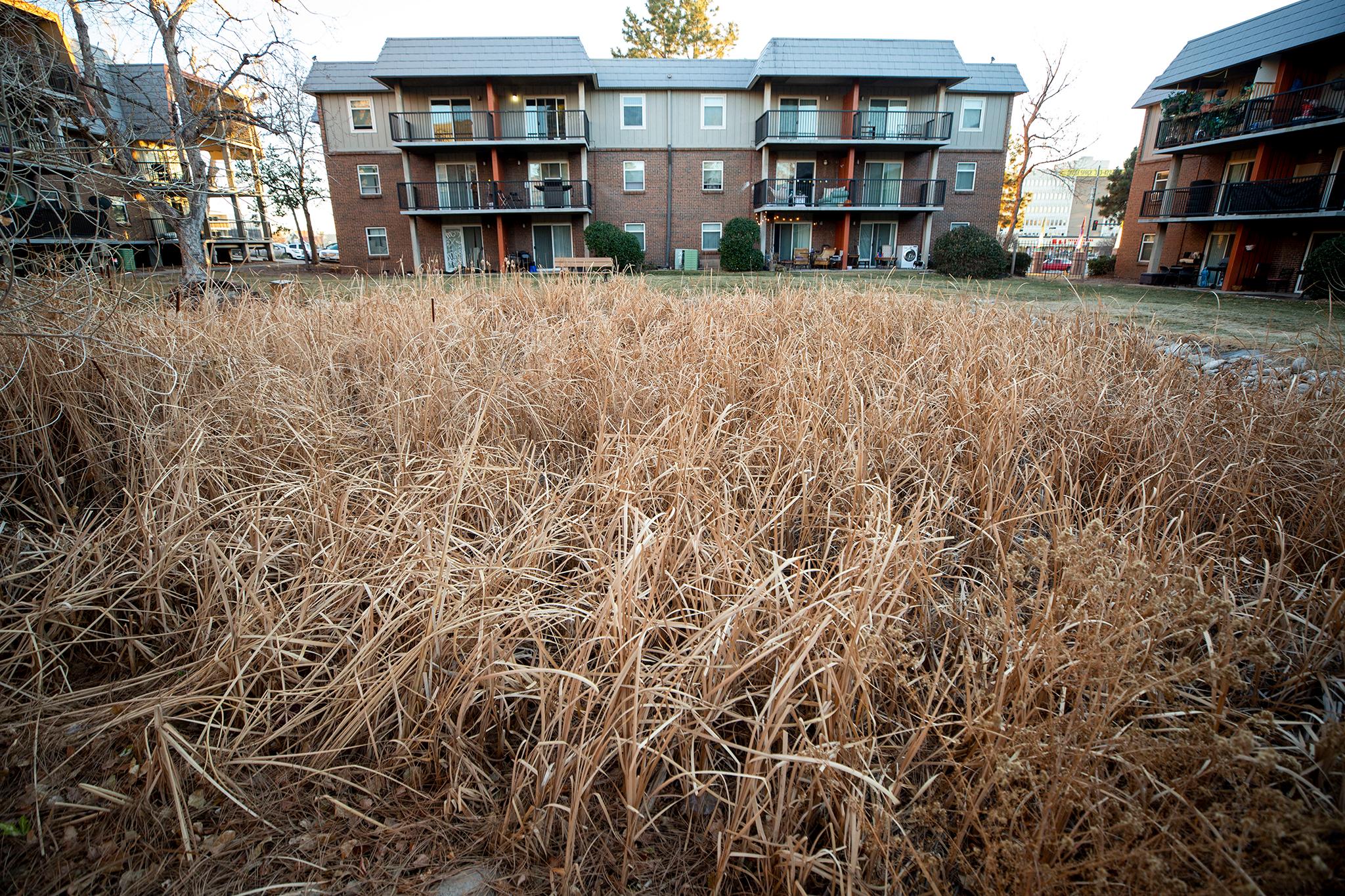
It turns out the metro has a whole cat-capturing community.
People who frequent Facebook's neighborhood groups may have come across Leigh in their scrolling. Whenever somebody posts about feral cats or issues with colonies, she's often tagged as the go-to for a solution.
She estimates she's rescued about 300 critters since she began this work eight years ago. She was living in Whittier, trapping and releasing cats, and she "just became the neighborhood cat lady." Leigh's work has taken her all over the city, including to care for the locally famous Coors Field Cat who reigns over the ballpark and needed an emergency surgery last year.
Social media has provided a way to connect her with others who are also passionate about this work. Sometimes together, sometimes on their own, they head out into metro communities to capture, neuter, feed and shelter animals that have no official caretakers.
"That's how I met most of my friends," Leigh said.
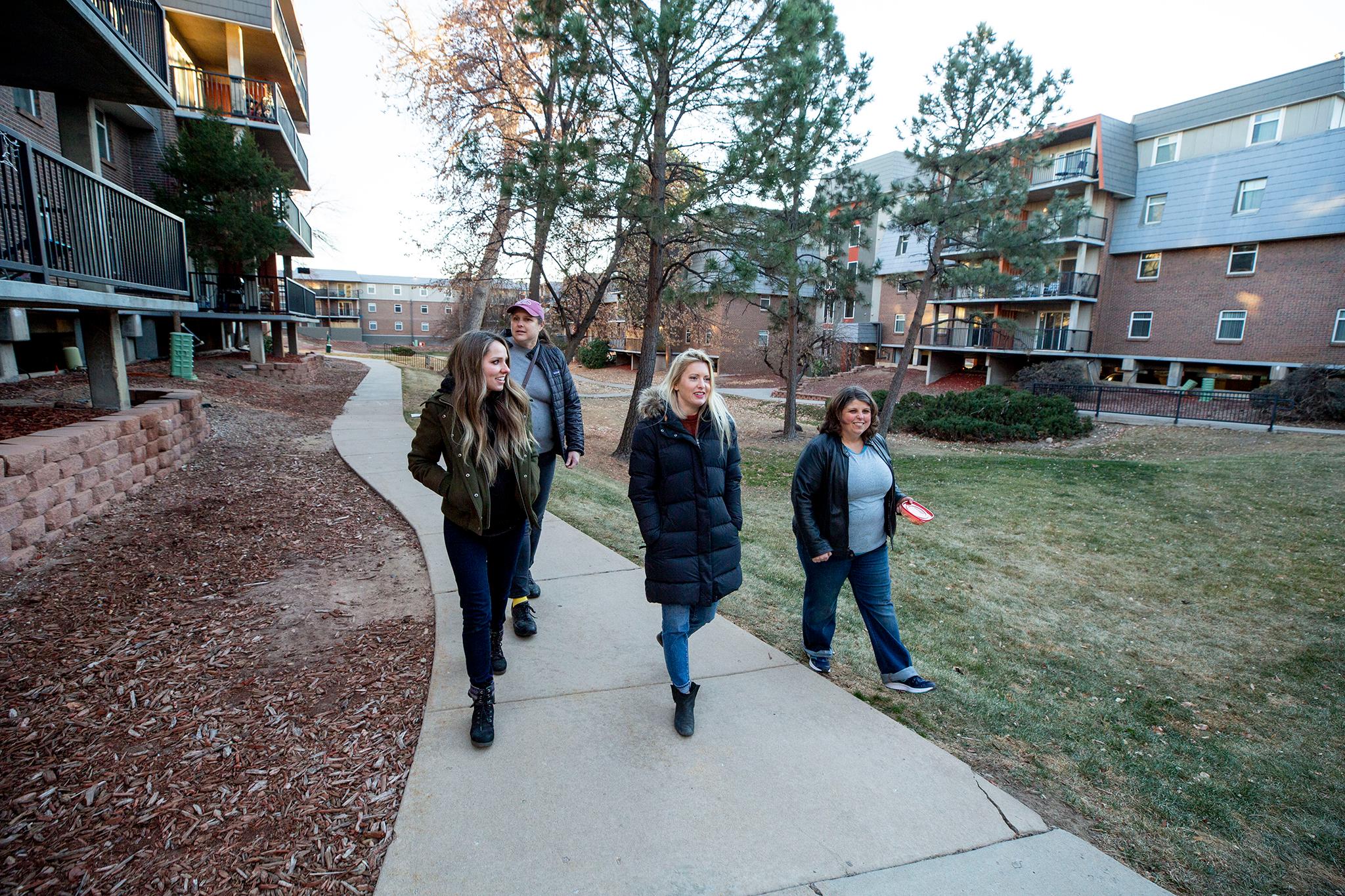
Dustin Hamilton is one of the metro's most prolific feral cat stewards, a Commerce City native who's been out catching with some of Leigh's friends. He got started ten years ago, when he rescued a kitten from certain death and realized he'd found a calling. He spent the next decade working with animal rescues and heading out on his own to pick up animals all over the state. He's even got "I RESCUE" tattooed on his knuckles and "They All Matter" inked on his back.
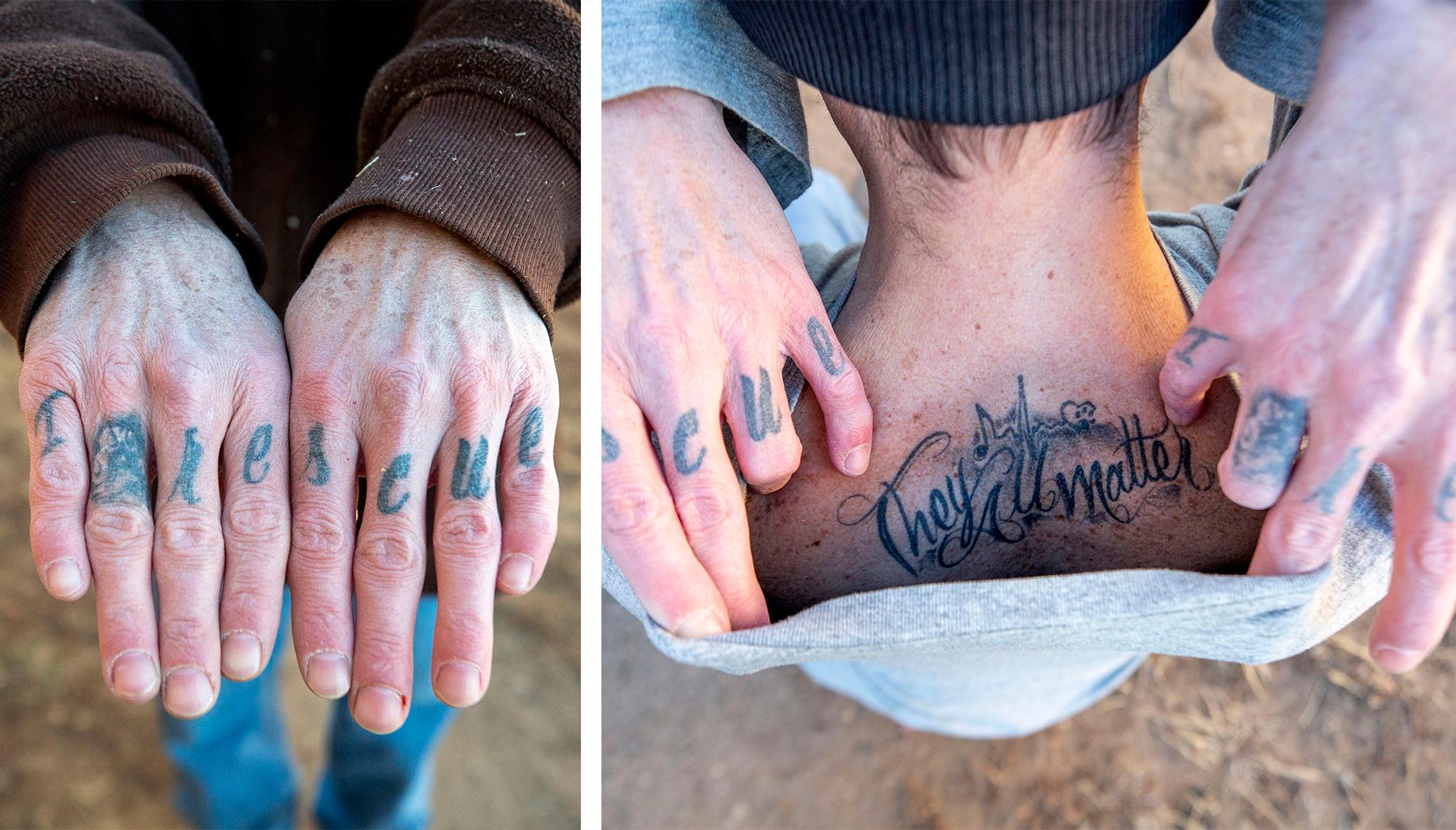
"I've probably spayed or neutered probably about 2,000, 3,000," he said as his buddy, Dan Harzdorf, pulled a custom-made cat house off his truck bed.
Harzdorf, who makes hot sauce and drives to New York City to sell it, said he's been pausing at rest stops all over the country to collect strays and get them into shelters.
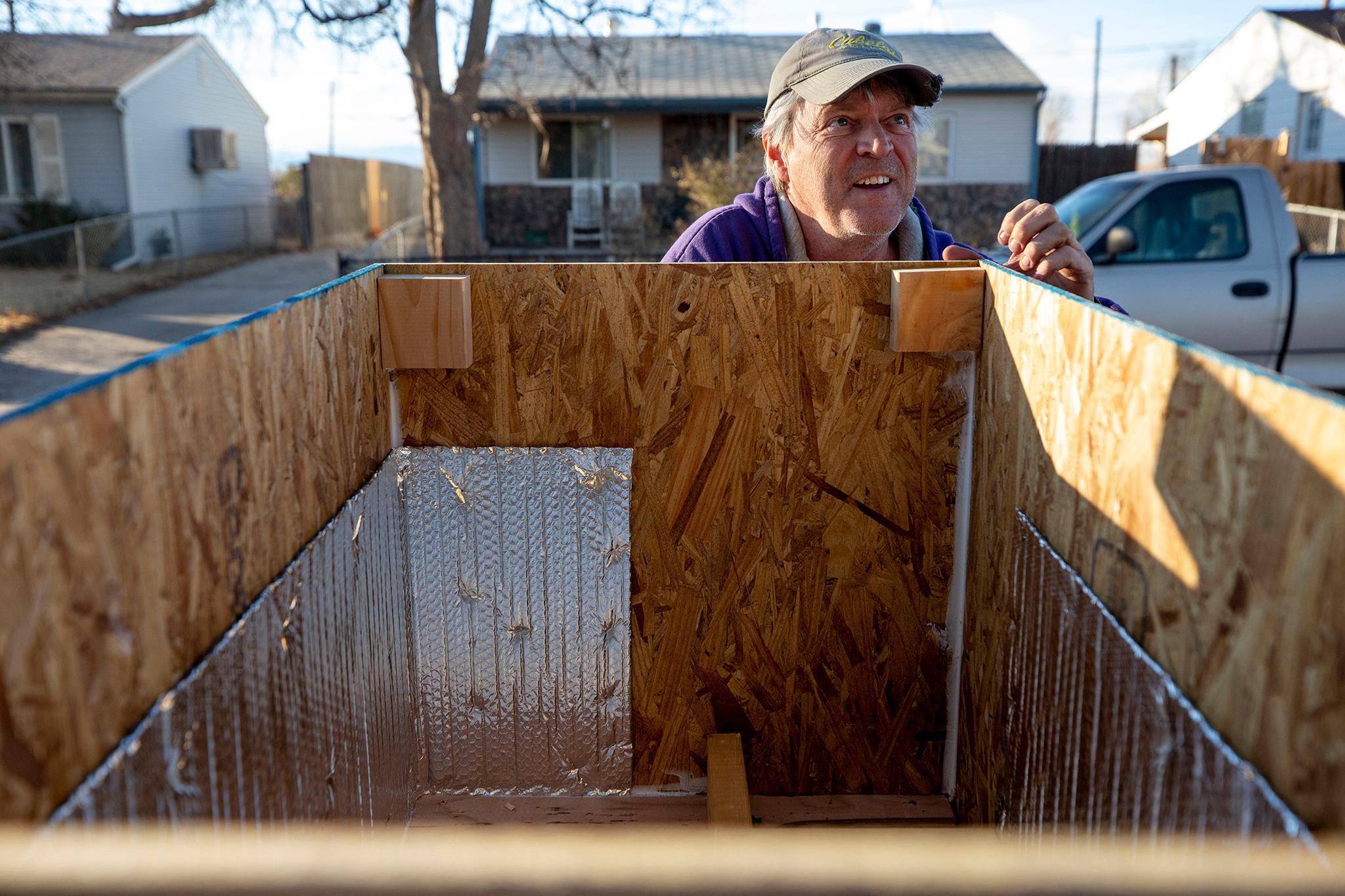
These loosely connected cat rescuers are all doing what they can, often on their own dimes, Hamilton told us. Still, the stakes are high and it may never be enough.
"We're all spread so thin and it's a very hard job. It's a lot of dedication, hard work. Being out in the cold. Money. Putting up with people. Seeing sick cats on their death bed. Sometimes having to let some go because you caught them too late. Sometimes getting ran over because you caught them too late," he said. "It's very tough."
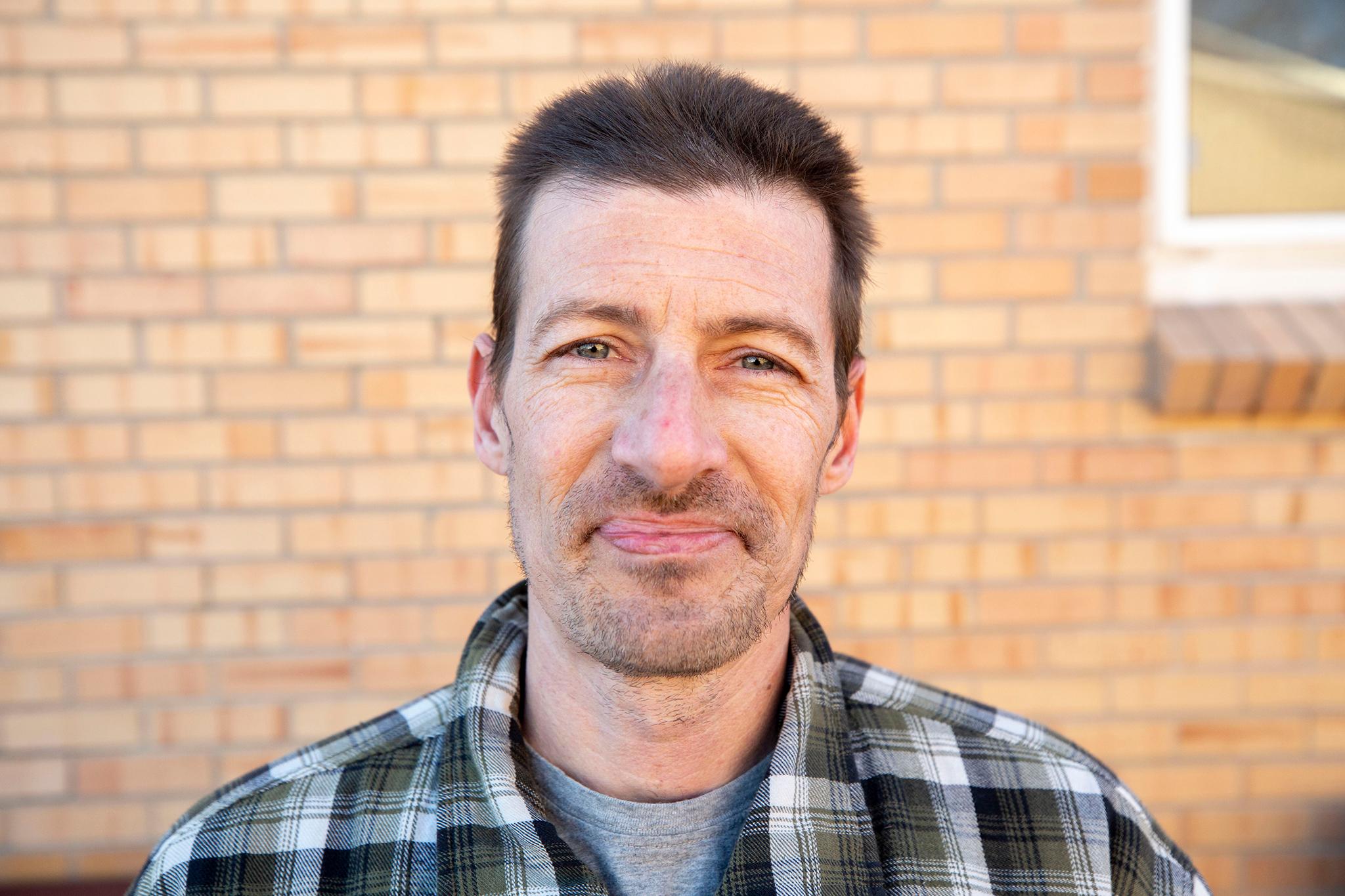
Denver actually relies on volunteers like Leigh and Hamilton, since its animal rescue doesn't usually go after cats.
Josh Rolfe, lieutenant with Denver Animal Protection, said there is no city ordinance banning loose cats, like the leash laws that govern dogs. As a result, he said his department has nothing to enforce when it comes to feral felines. Plus, he added, there are just too many for his officers to make a meaningful impact.
"It is statistically impossible to trap every single cat in an area," he told us, though they did recently save one from a couch donated to a thrift store.
But there's another bit of weirdness to all of this: a debate among Americans about whether feral cats are actually pets or wildlife.
"Feral cats are a grey area within animal control circles," Leigh said. "Even if you ask one animal control officer to another, some places are going to call them wild animals, some places are just going to call them cats that people take care of."
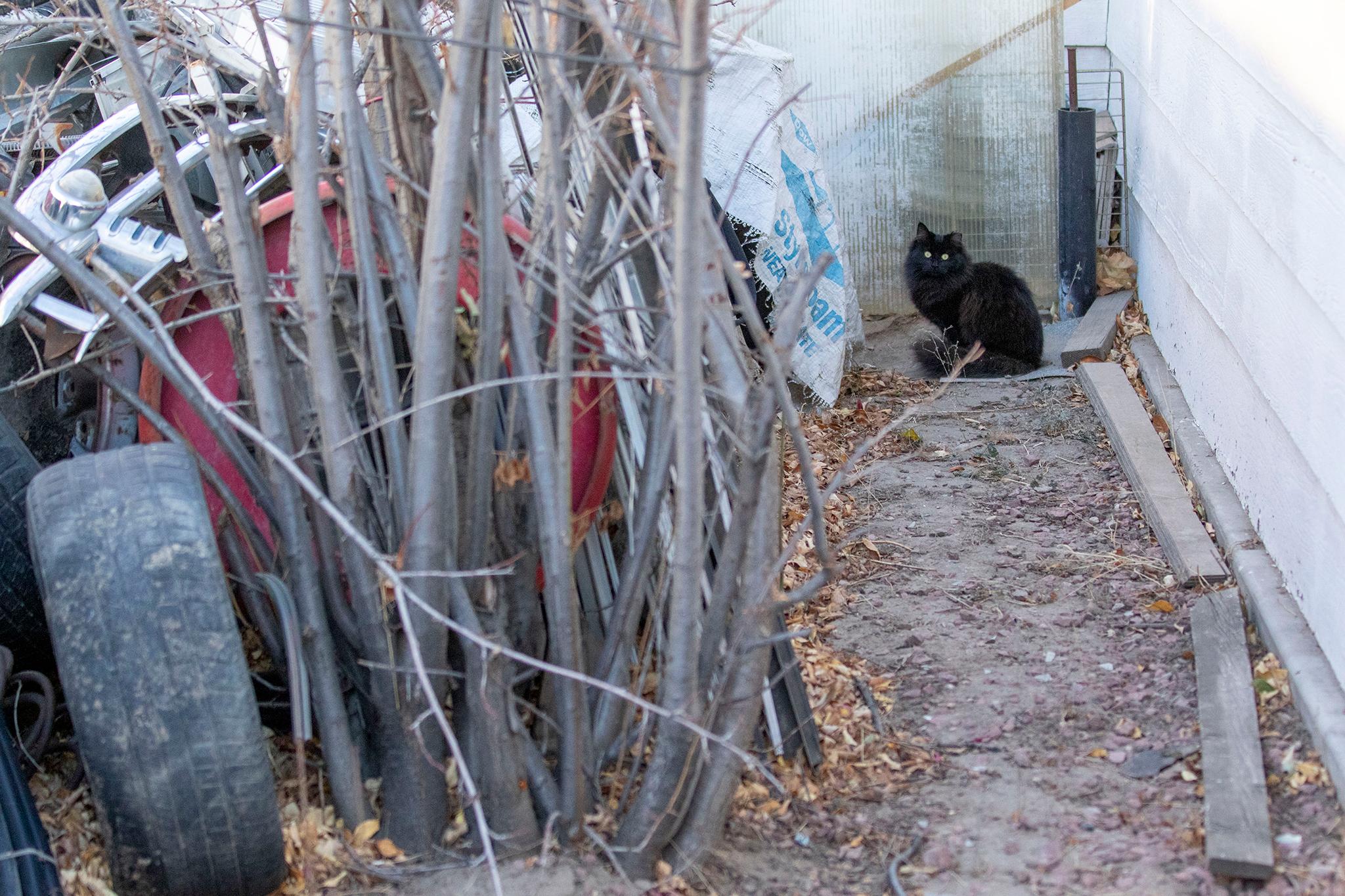
This legal vagary means it might be illegal to take care of ferals in some cities, or volunteers might need a license to do the work. That's not the case in Denver, Rolfe told us, where the city is happy to have people like Leigh and Hamilton who take cats to clinics to get them neutered. He also said feral cats are not considered "wildlife" in the city, though he acknowledged their presence is often a "polarizing issue."
Rolfe suggested people who want to lend a helping hand (paw) should contact Denver Metro CAT, a nonprofit that works with colony caretakers to control populations. This work requires care, he said, because there's a risk catchers only pick up "slow, sick, injured or dumb" animals and allow the slyest to wildly procreate.
"You could have an explosion of very smart, crafty cats," he said, which would likely worsen larger problems with their numbers.
Domestic cats, both feral and housed, are among the largest threats to birds and an uncontrolled population means more will fight over limited resources.
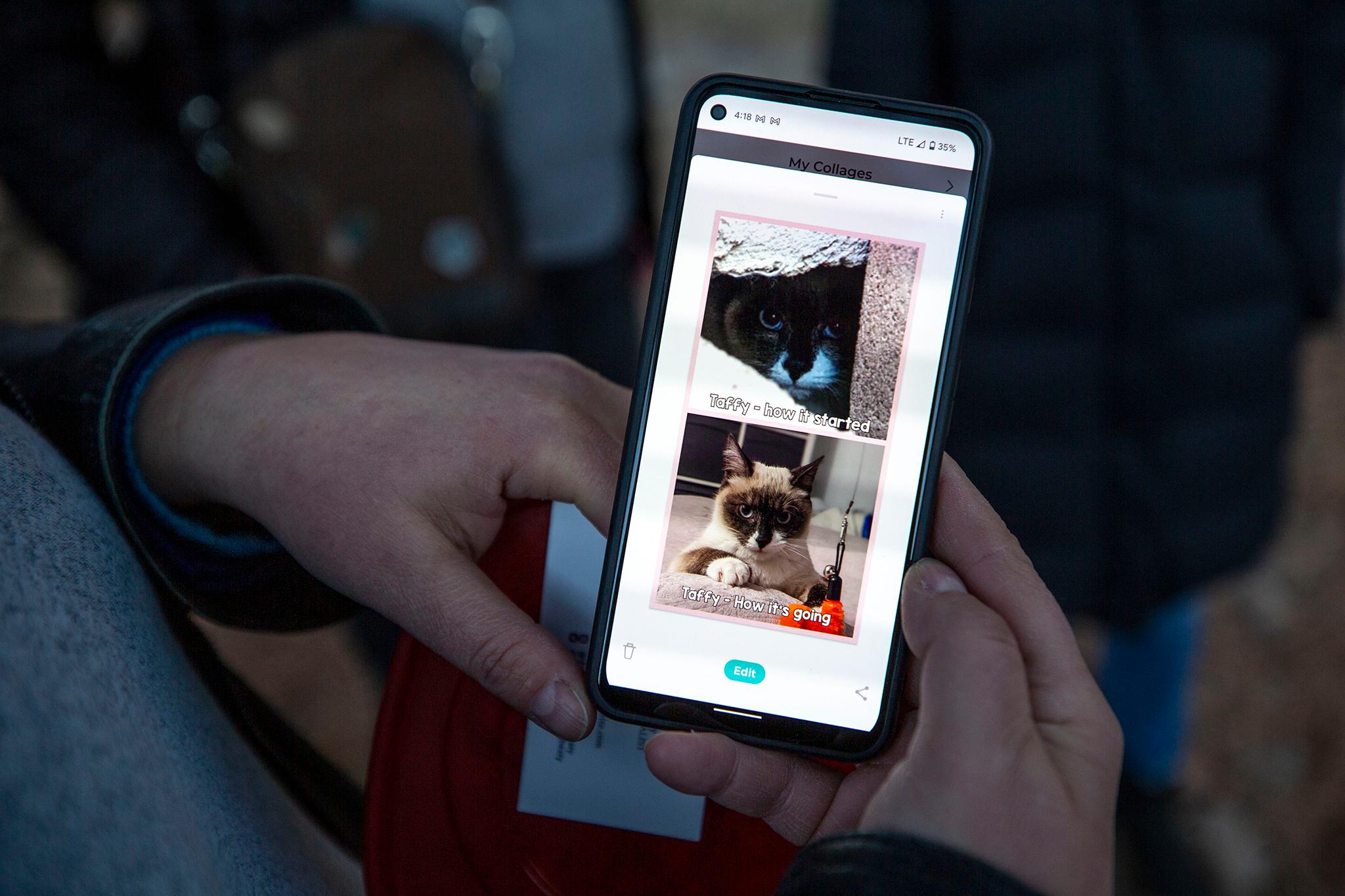
Leigh said people need to know these animals cannot take care of themselves and survive in the city without human support. And humans, she added, are ultimately responsible for their presence on Denver's streets.
"I call them community cats, because they belong to the community," she said. "The community created the problem and the community needs to come together and make life better for them."

